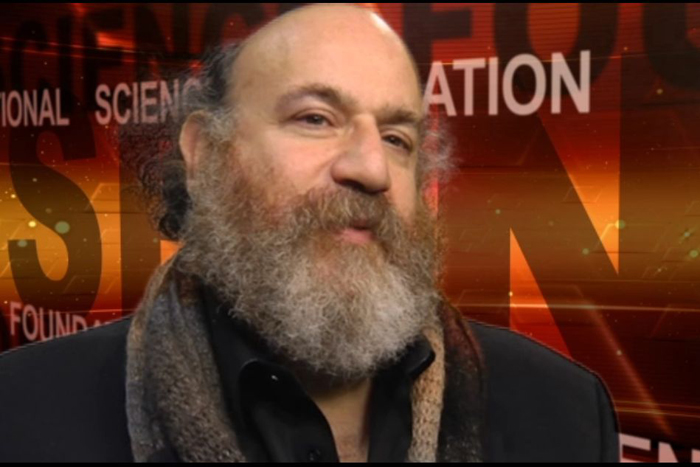Pioneering Research Brings More Precise Understanding of Biology

Get the world’s most fascinating discoveries delivered straight to your inbox.
You are now subscribed
Your newsletter sign-up was successful
Want to add more newsletters?
Join the club
Get full access to premium articles, exclusive features and a growing list of member rewards.
This ScienceLives article was provided to Live Science in partnership with the National Science Foundation.
As a college student, William Bialek found he was drawn to the topics discussed in biology classes, while in physics classes, the way his professors and peers explored questions and problems energized him. He found his bliss in the field of biophysics. The Princeton professor seeks to discover general principles that describe and quantify the workings of biological systems. His wide-ranging research has led to much more precise understandings of such processes as embryonic development and neural coding and computation in the brain.
Bialek's research has shown that systems tend toward optimum performance, bumping up against the limits of what is physically possible. "[I]n many cases biology ... found a way to get right up to the edge of what [is] allowed," he says. This idea — that biological systems operate at some level akin to perfection — competes with traditional views that much of what we see in biological systems is an accident of evolutionary history, rather than a precise match to problems that organisms must solve, he says.
Bialek is a member of the National Academy of Sciences, a fellow of the American Physical Society and recipient of the Society for Neuroscience's 2013 Swartz Prize for Theoretical and Computational Neuroscience. Check out this compelling interview with him, including a brief detour into the topic of superheroes.
Name: William Bialek Institution: Princeton University Field of Study: Biophysics
Editor's Note: The researchers depicted in ScienceLives articles have been supported by the National Science Foundation, the federal agency charged with funding basic research and education across all fields of science and engineering. Any opinions, findings, and conclusions or recommendations expressed in this material are those of the author and do not necessarily reflect the views of the National Science Foundation. See the ScienceLives archive.
Get the world’s most fascinating discoveries delivered straight to your inbox.
 Live Science Plus
Live Science Plus











